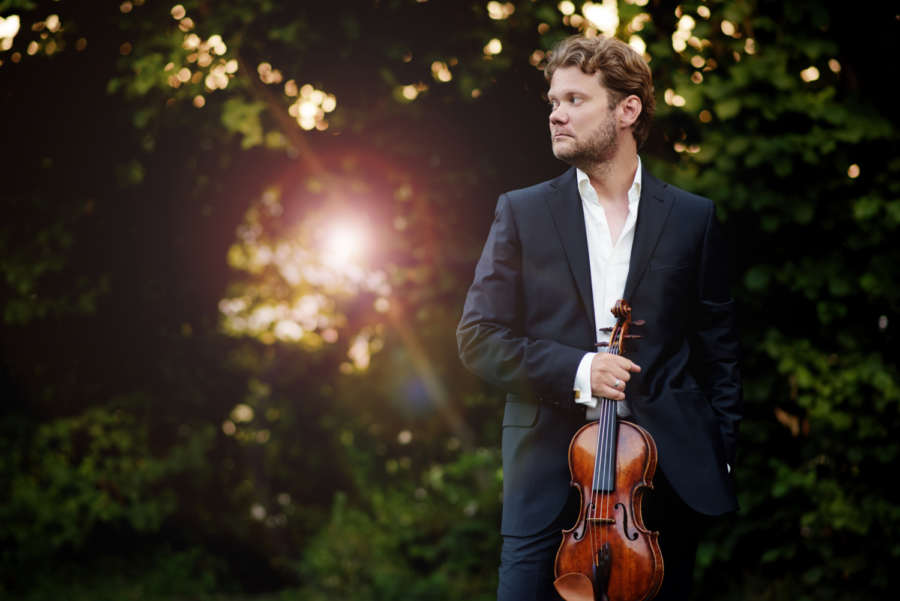More than anything else, the work Ecce Homo by František Gregor Emmert (1940–2015) performed today is a prayer, which over the course of its duration of about an hour and a quarter guides listeners through the heights and depths of the mind and, in the best possible case, delivers them into a contemplative state. Emmert’s main contribution to contemporary culture is that his music can convey to others his contact with the transcendent. He arrives at contemplation and mystery solely through his Catholic piety, through an impassioned effort and artistic reflection of the Fall, through raising oneself from the mud in awareness of the hells of our times and our own hells, and through ardent prayer.
Ecce Homo consists of three major parts, each about 25 minutes long. These are further segmented into seven sections each. The structure of each part is unmistakable. Emmert works with an extremely rich store of motifs and does not repeat his material much. While the motivic work in Ecce Homo is free-flowing, the treatment of contrasts is crucial. Masterfully composed contemplative passages are interspersed with emotional ones based on either chromatic motoric movement or complex chords, often with more tones sounding simultaneously than there are strings on the violin.
Emmert was able to predict how a particular musical segment would affect the listener’s mind and he fully exploited the fact that, after about 40 minutes, the human ear starts to perceive the sound of the solo instrument differently: perhaps somewhat hypnotised, perhaps as a vibration that brings pain and relief, or that elevates us and knocks us down into the darkness of clashing sharp dissonances. As a vibration that turns us into a medium – so that we let ourselves be listened to by the music, instead of listening to it – it pervades us and leads us through our own pain, weakness and lapses until that moment when we are merely alone with ourselves, aligned in the midst of our planet with the smallest chance of self-awareness, but still aware that neither the world’s, nor the universe’s, nor God’s pity for us comes as a matter of course.
From this point of view, Ecce Homo is a psychedelic work and it is intended as such: it is music to move the human mind, at least for a moment, towards the salvation of the soul.
Vojtěch Dlask, translated by Štěpán Kaňa
_____________________________
ECCE HOMO
Emmert: Ajhľa, človek!, symphony for solo violin
Milan Paľa violin
Church of Saint Joseph, Josefská street
April 16, 7 PM

